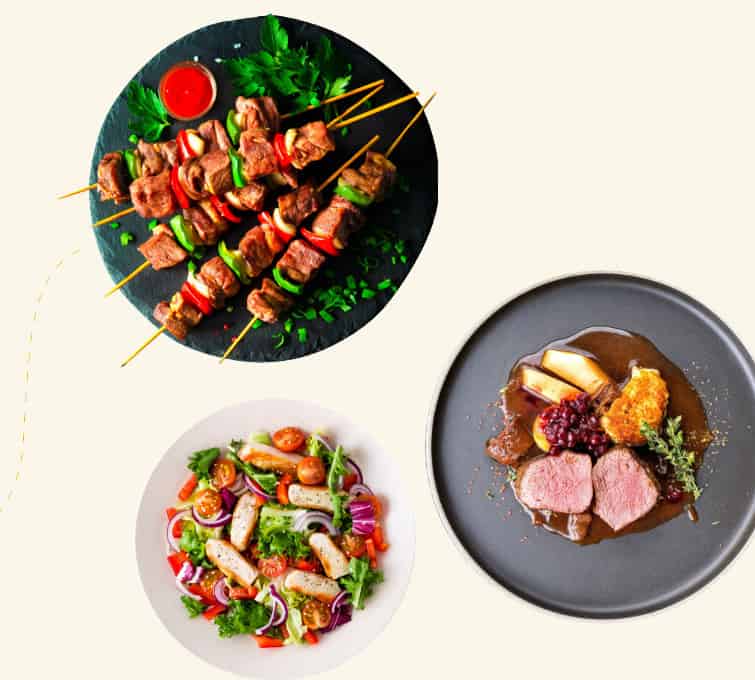Novel Food Applications in Europe: What do the Updated EFSA Guidelines Mean for Safety Assessments?
The European Food Safety Authority (EFSA) has updated the guidelines for applications for novel foods in the EU. The updates include both scientific and administrative guidance that will apply to all new novel food applications from February 2025. The pre-announced changes to the framework are intended to ensure that the safety assessment of novel foods keeps pace with current developments in food research and legal requirements. Not only will the latest scientific findings be taken into account, but the experience gained from the previous evaluation of applications will also be used to create clarity and improve the quality of applications. The aim is to establish a more efficient procedure that continues to prioritise consumer safety. The following Q&A with Ermolaos Ververis, scientific officer in EFSA’s …





